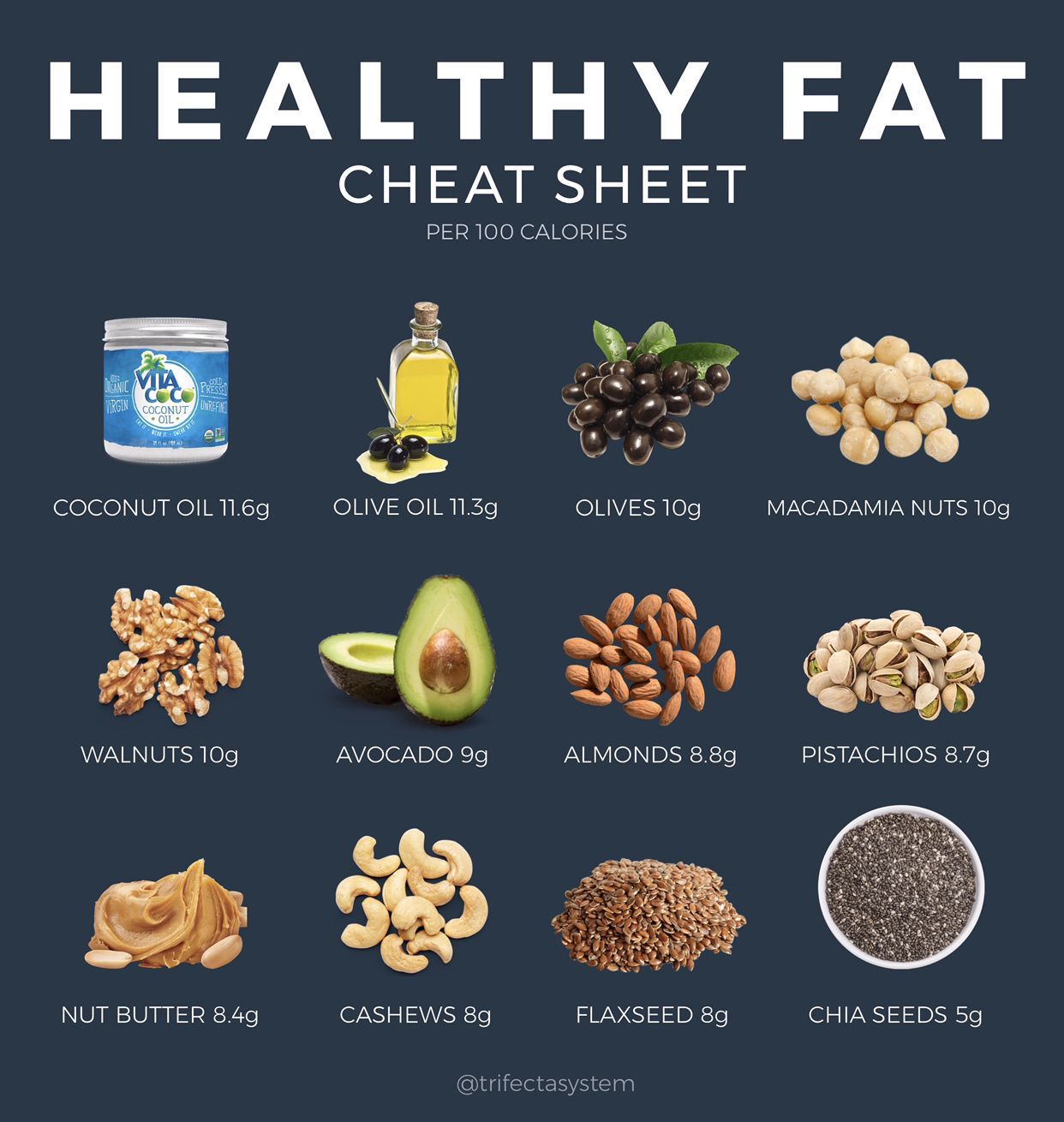When we think about fats, we often associate them with negative health implications such as weight gain and increased risk of heart disease. However, not all fats are created equal. There are certain fats that are actually considered healthy and can provide numerous benefits to our bodies. In this article, we will explore the different types of healthy fats and discuss their various advantages.
The Importance of Dietary Fats
Fat is an essential nutrient that our bodies need to function properly. It plays a vital role in supporting cell growth, protecting organs, insulating the body, and providing a source of energy. Additionally, fats are necessary for the absorption of fat-soluble vitamins, such as vitamins A, D, E, and K.
Monounsaturated Fats
Monounsaturated fats are known for their heart-healthy benefits. Foods rich in monounsaturated fats include avocados, olives, nuts, and seeds. These fats can help reduce bad cholesterol levels, enhance insulin sensitivity, and promote a healthy weight. Incorporating monounsaturated fats into your diet may also lower the risk of developing heart disease.
Polyunsaturated Fats
Polyunsaturated fats, including omega-3 and omega-6 fatty acids, are essential fats that cannot be produced by the body and must be obtained through diet. Omega-3 fatty acids are commonly found in fatty fish such as salmon, sardines, and mackerel. They have anti-inflammatory properties, support brain health, and play a role in reducing the risk of chronic diseases like heart disease and arthritis.
Omega-6 fatty acids can be found in vegetable oils, nuts, and seeds. While omega-6 fats are essential, it’s crucial to maintain a healthy balance between omega-3 and omega-6 fatty acids. The current Western diet tends to have an imbalance favoring omega-6 fats, which can result in inflammation and increased risk of certain diseases. Therefore, it is essential to consume omega-3-rich foods to maintain a healthy ratio.
Saturated Fats
Saturated fats have long been demonized for their association with increased cholesterol levels and heart disease. While it is true that excessive consumption of saturated fats can have negative health effects, recent research suggests that not all saturated fats are equally harmful.
Some saturated fats, such as those found in coconut oil and grass-fed butter, actually offer various health benefits. Coconut oil, for example, contains medium-chain triglycerides (MCTs) that can boost metabolism and provide a quick source of energy. Grass-fed butter is rich in important fat-soluble vitamins like vitamin K2, which supports bone health and may reduce the risk of heart disease.
It is important to consume saturated fats in moderation and prioritize obtaining healthy versions from natural sources.
The Role of Fat in Weight Management
Contrary to popular belief, consuming healthy fats does not necessarily lead to weight gain. In fact, incorporating healthy fats into a balanced diet can actually aid in weight management. Healthy fats have a satiating effect, helping you feel fuller for longer and reducing the chances of overeating. Furthermore, they provide a steady source of energy and promote optimal hormone production, which can support an active lifestyle and a healthy metabolism.
Conclusion
Dietary fats play a crucial role in our overall health, and it is important to differentiate between healthy and unhealthy fats. Incorporating monounsaturated fats, polyunsaturated fats with a balanced omega-3 to omega-6 ratio, and even some saturated fats in moderation can have numerous benefits for our bodies. From promoting heart health to supporting brain function and maintaining a healthy weight, the consumption of healthy fats is an essential aspect of a well-rounded diet.






